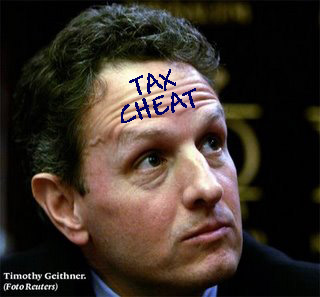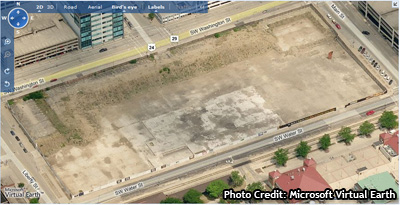Are Peoria businesses charging you too much sales tax? If they are, good luck getting them to fix it; you won’t find any help from the city or state. Check your receipt. For general merchandise, you should only be charged 8% in most of the City of Peoria.
My dad knows that, which is why he was surprised when some clothes that my mom bought at Northwoods Mall today were taxed at 9%. He wrote me to ask when the tax rate was raised, and how he could have missed the news. My dad has been reading the Journal Star cover to cover every day for the past fifty years, and he pays particularly close attention to financial information, so it would be very unlikely he missed big news like the sales tax going up a whole percent city-wide. And I have some experience exposing businesses that charge too much sales tax.
I checked the city’s website and confirmed that it was still 8%, broken down as follows:
- 6.25% State of Illinois
- 1.50% City of Peoria
- 0.25% County of Peoria
He called the store and told them that information, and they said “it went up July first in Peoria to 9% from 8 1/4.” Dad said it was never 8 1/4% ever in Peoria, and the salesperson said “it is all done from their corporate offices in Minnesota,” and gave him the phone number for their corporate office. Oh, and by the way, they added, you’ll have to sit through a long automated voice-activated system before you get to talk to a real person. That’s customer service for you. So the local business isn’t taking action to fix the error.
Well, I called up the finance department at the City, and they told me that the tax rate did go up July 1st in Peoria to 9%, but only within the boundaries of the Hospitality Improvement Zone, or HIZ. You may recall that the City imposed a 1% additional sales tax on a small area downtown that includes the Pere Marquette, Holiday Inn City Centre, and Mark Twain Hotel; that money is to go toward building a new Marriott next to the Pere Marquette, so the other hotels get the pleasure of contributing to their competition and put themselves out of business. But I digress.
The City’s finance department went on to say that they’ve gotten several calls about this problem (i.e., businesses outside of the HIZ charging 9% sales tax), and that there appears to be some confusion among the city’s businesses as to what tax rate they are supposed to be charging. The person I talked to said one man called in saying he got charged 9% at a North Peoria gas station, and that the station refunded the overage when he went back to complain after talking to the city. I asked if the city could do anything to correct the problem, and they said all they can do is refer me to the Illinois Department of Revenue, and they didn’t have the number, but I could get it by calling information. So the City isn’t taking action to fix the error.
I called the Illinois Department of Revenue and they verified that the correct tax rate is 8% outside of the HIZ. It’s even on their website at http://tax.illinois.gov/ — you just click on the Tax Rate Finder link on the menu to the left and follow the prompts. The HIZ rate of 9% is listed first, which may be part of the confusion, but it also provides a list of the individual business addresses that are affected by the HIZ tax (there are only about 46 of them), and the next rate says “OUTSIDE ABOVE DISTRICT(S)” and lists the 8% rate.
I asked the representative what could be done about businesses overcharging, and she said that the correct rate is preprinted on the tax remittance form the businesses send to the state. She said the business can call Central Registration at 217-785-3707 with their Illinois Business Tax (IBT) number and verify the correct rate. But she said it probably wouldn’t do any good to report them to the “cheat line” (1-800-243-2811). As far as the state is concerned, as long as the business is remitting the total amount of tax they collect, they’re okay. It’s only tax fraud if they collect, say, 9%, but only remit 8%. As long as they remit the whole 9%, the state doesn’t care and is happy to keep the money. So the state isn’t taking action to fix the error.
Apparently no one is looking out for consumers in this town. Businesses can charge any additional tax amount they want and the city and state don’t give a rip. It’s up to you, the citizen, to take matters into your own hands and convince the businesses and/or their parent corporations that they’re overcharging us. There’s no penalty, no law against overtaxing. You have to take action to fix these business errors, and good luck doing it.


